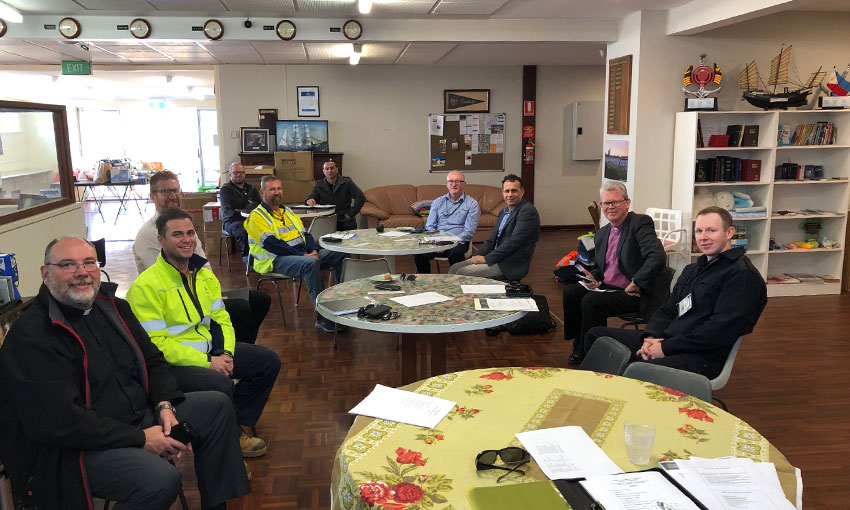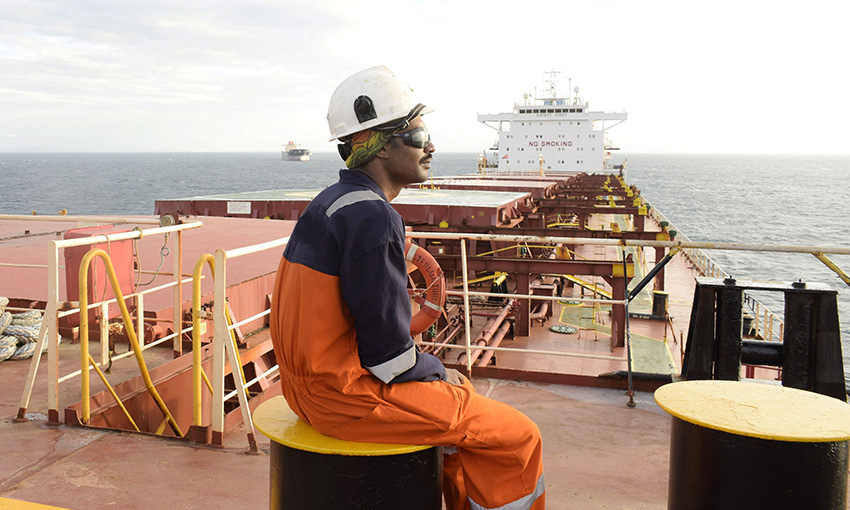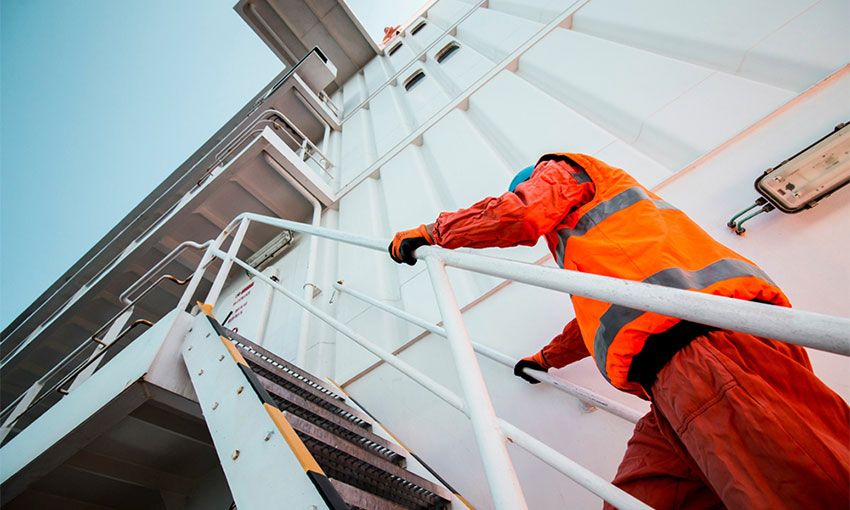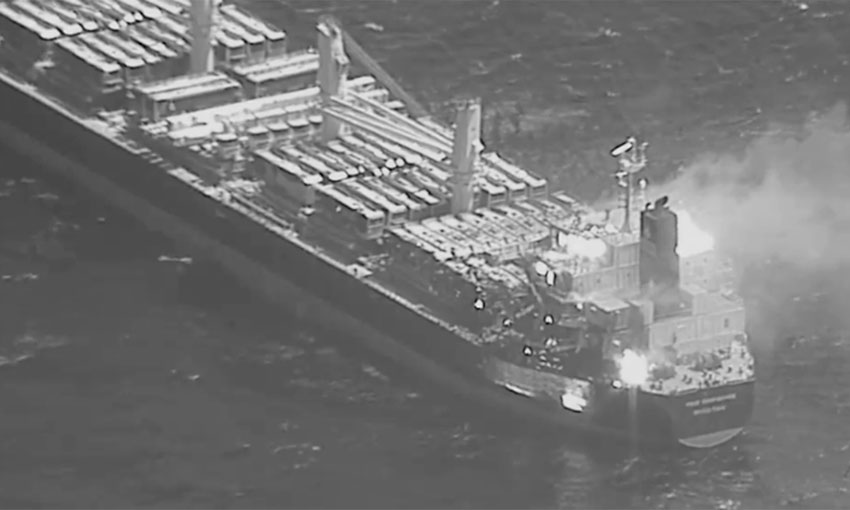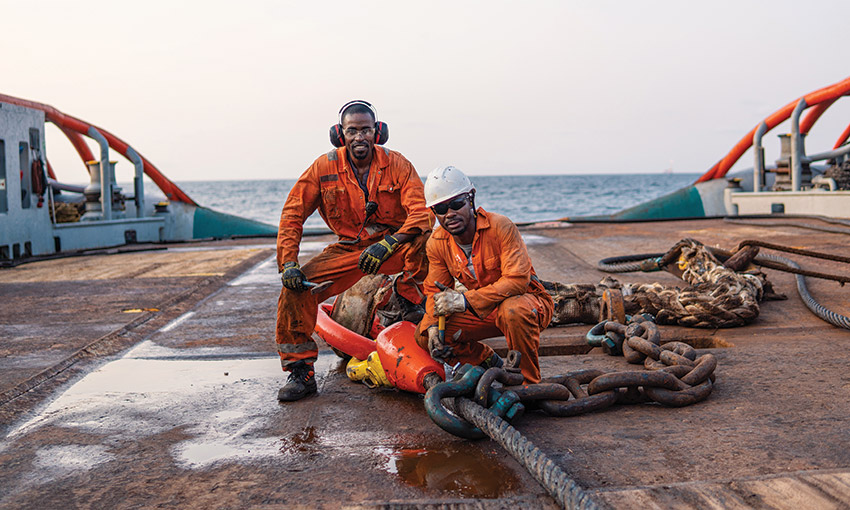GROWING numbers of port welfare committees in Western Australia could provide a model for further expansion throughout Australia.
Human Rights at Sea advisory board member Paul MacGillivary recently opened a PWC in Bunbury and is preparing to establish another in Albany.
Australia’s PWCs identify the needs of seafarers, advocate for welfare agencies and liaise with the Australian Seafarers’ Welfare Council (ASWC) on standards for the provision of services.
In 2001, the National Seafarers’ Welfare Advisory Council (NSWAC) was formed to improve communication between agencies operating in Australian ports.
This led to the establishment of a network of 12 PWCs.
Although NSWAC ceased operation in 2006 due to funding challenges, the PWCs now operate under ASWC, following the adoption of the Maritime Labour Convention 2006, which calls for the establishment of welfare boards at port, regional and national levels.
The PWCs have continued supporting seafarers, but COVID-19 restrictions have impacted the nature of their services over the past year and a half.
The severity of the challenges was exemplified by the unexpected closure of a PWC centre in one of Australia’s major ports, which Mr MacGillivary, a founding director of NSWAC, highlighted as his cue to reinvigorate and expand the network of committees.
Australian maritime welfare organisations have adapted to the changing nature of their services during the pandemic, with port restrictions preventing seafarers from taking shore leave.
Where crewmembers would typically visit seafarers’ centres in ports, welfare organisations are now formulating new ways to provide practical support to seafarers who cannot leave their vessels.
Although these strategies are temporary ways to work within current restrictions, Mr MacGillivary said welfare organisations’ services should now align with needs relating to communication, technology, and professional mental health support.
“How the centres are run now is not the same as it was 10 or 20 years ago. The expectations have changed,” he said.
“Even though the nature of the missions is changing and moving away from the bricks and mortar aspects, the care of seafarer needs is much more sophisticated now.
“What we need is professional assistance, because everybody recognises that the very important work the missions do in terms of mental health for seafarers has always been downplayed, and it’s never been properly supported.”
Given the evolving nature of seafarer support and the heightened demand for professional care, welfare organisations can no longer be expected to rely solely upon donations, bursaries, and grants.
HRAS is therefore pursuing sustainable funding for welfare centres through the Maritime Levy Campaign in Australia, reflecting the recent success of New Zealand’s legislative amendment which secures funding for seafarer welfare.
The proposed initiative for Australia involves deducting a small percentage from the levy of ships visiting ports and distributing it amongst welfare providers.
Mr MacGillivary said this is the ideal opportunity for ASWC to be involved in the development, implementation, and support of new PWCs, and strengthen communication with existing committees.
“Australia still leads the way in this respect, as there are not many countries around the world that have a network of welfare committees operating in the ports to actively benefit the seafarers.”

